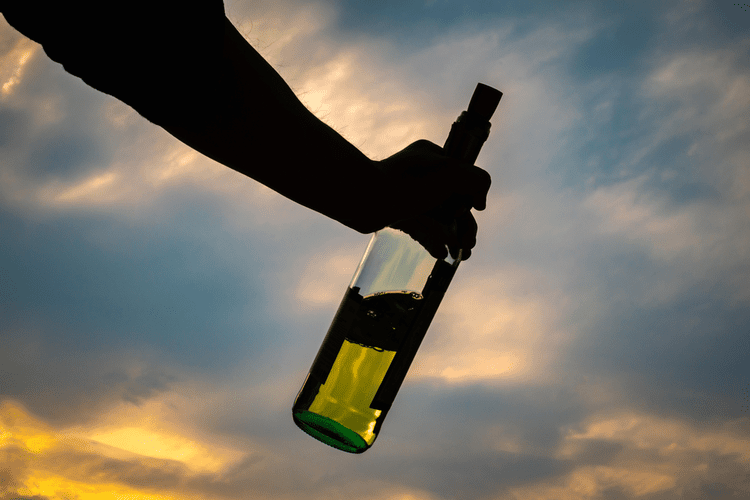Content
By removing all reminders early in their recovery process and by supporting a policy of abstinence for the whole family, you show your partner you’re committed to their wellness. As their recovery progresses, your loved one will need to learn to take ownership of their own sobriety, even when substances are accessible. Recovery from alcohol and drug addiction can be full of ups and downs.

It’s important to be involved in things that you enjoy, that make you feel needed, and add meaning to your life. When your life is filled with rewarding activities and a sense of purpose, your addiction will lose its appeal. If your previous social life revolved around drugs, you may need to make some new connections. It’s important to have sober friends who will support your recovery. Try taking a class, joining a church or a civic group, volunteering, or attending events in your community.
Neuro-Linguistic Programming
Most people who make their way into recovery have left a lot of pain and suffering in their wake. Feeling guilty or ashamed of past behavior or actions during active addiction is natural and healthy. People in recovery from a substance use disorder frequently have problems meeting work-related sober house responsibilities, maintaining employment, and managing money. If you were active in your addiction for a period of time, you may have developed financial problems. A mental health professional can help you cope with some of the challenges you’ll face on your path to sobriety.
Try reaching out to people you haven’t talked to in a while. You can ask them how they’re holding up, or just chat about whatever. Not every conversation has to be about something intense, like addiction or coronavirus. In fact, it’s important to have plenty of lighthearted conversation to lift your spirits.
The Risks of At-Home Alcohol Detox and Withdrawal
Suboxone (buprenorphine/naloxone) is indicated for the treatment of opioid dependence in adults. Suboxone should not be taken by individuals who have been shown to be hypersensitive to buprenorphine or naloxone as serious adverse reactions, including anaphylactic shock, have been reported. Taking Suboxone (buprenorphine/naloxone) with other opioid medicines, benzodiazepines, alcohol, or other central nervous system depressants can cause breathing problems that can lead to coma and death. For more information about Suboxone (buprenorphine/naloxone) see Suboxone.com, the full Prescribing Information, and Medication Guide, or talk to your healthcare provider. You are encouraged to report negative side effects of drugs to the FDA.

